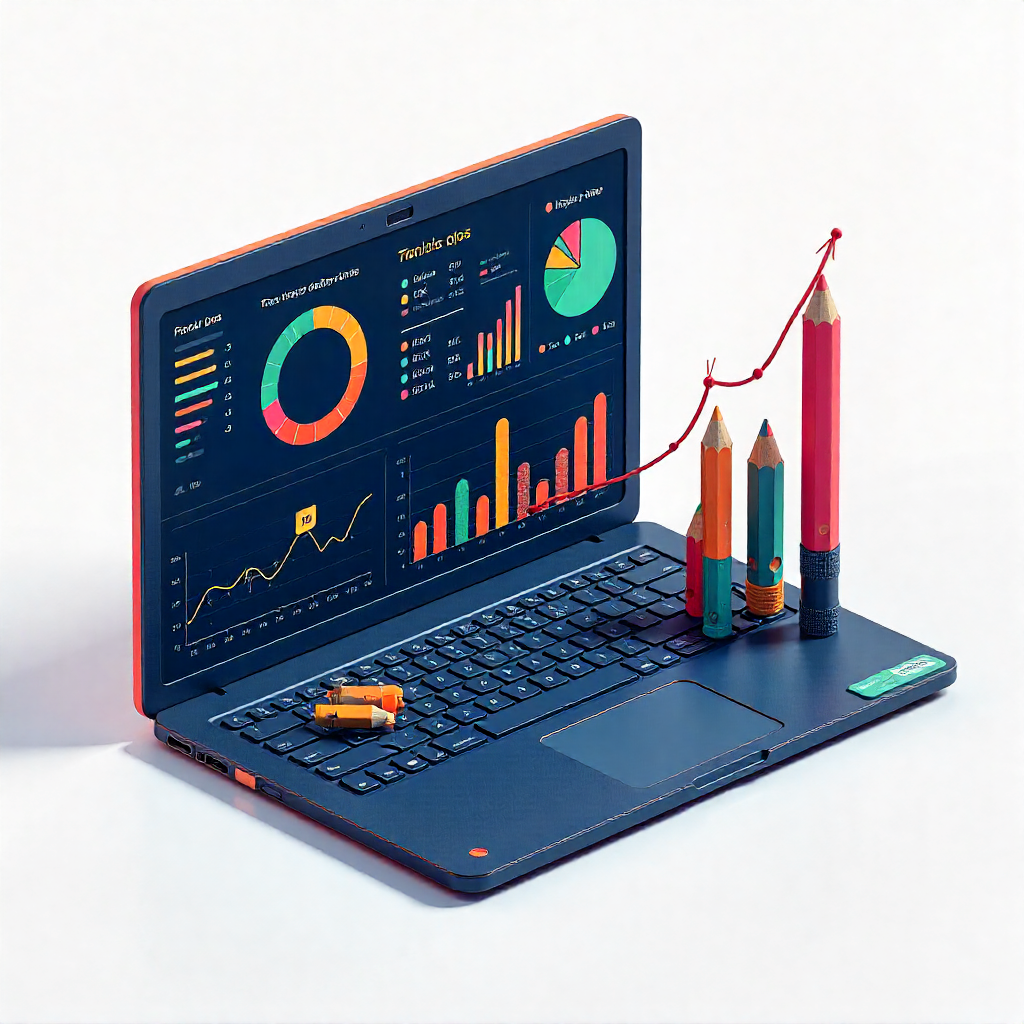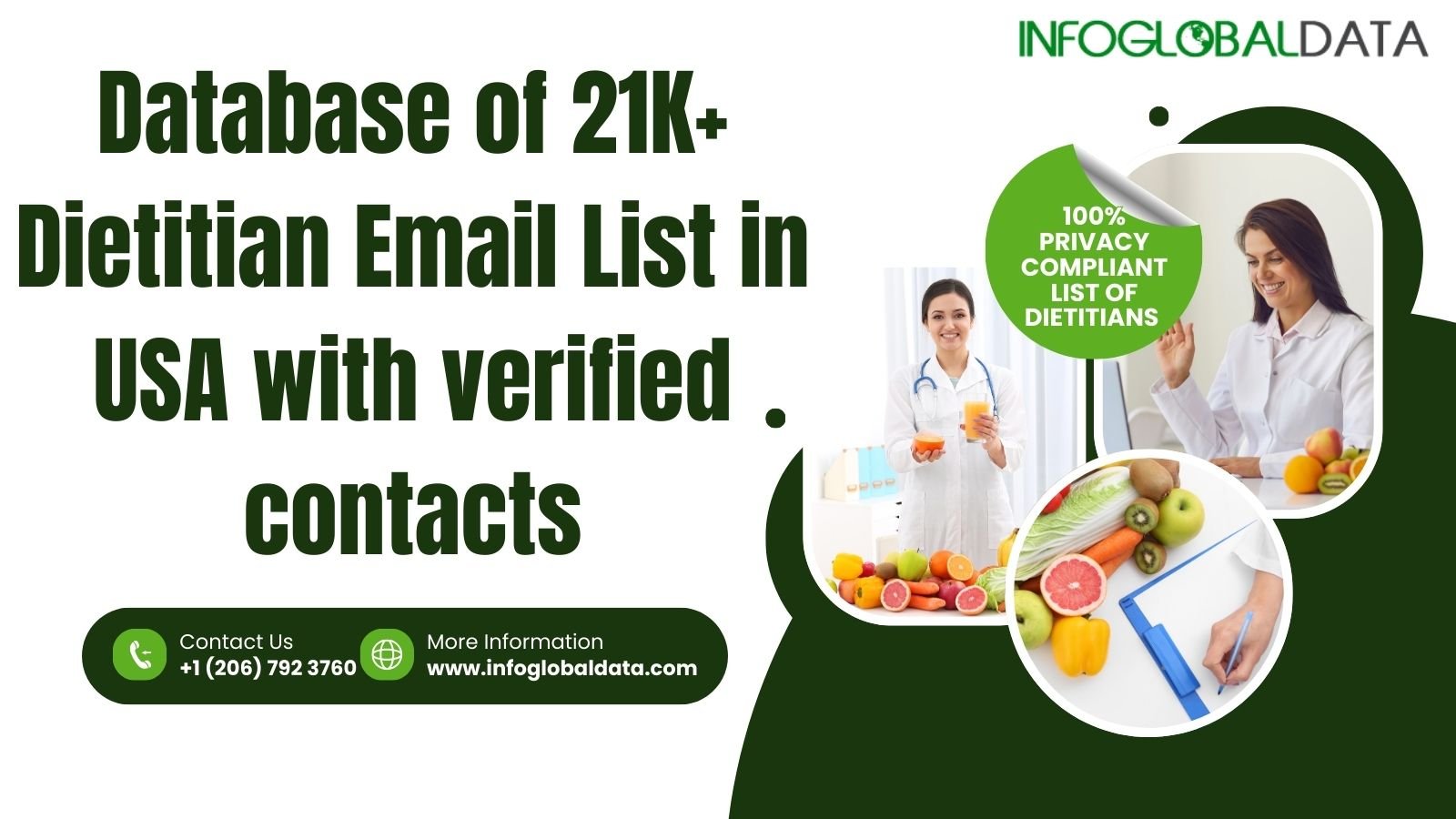In today’s digital-first economy, data has become the most valuable asset for every organization. From customer information and financial records to marketing analytics and operations data, companies rely on accurate and organized data to make informed decisions. Managing this data effectively requires advanced tools — and that’s where the best data management software comes in.
This article explores the meaning, importance, and benefits of the best data management software, along with a list of top-performing solutions in 2025 that help organizations unlock the full potential of their data.
What is Data Management Software?
Data management software is a specialized system designed to collect, organize, store, secure, and analyze data across an organization. It ensures that business information remains consistent, reliable, and accessible whenever needed.
The best data management software not only simplifies how companies handle large datasets but also integrates with multiple applications — enabling seamless workflows between departments such as marketing, finance, operations, and IT.
These tools are essential for businesses that deal with growing volumes of data and need a centralized solution to manage everything efficiently.
Why Businesses Need the Best Data Management Software
In an era of digital transformation, poor data handling can lead to inefficiencies, compliance risks, and lost opportunities. Implementing the best data management software provides several key advantages:
- Centralized Data Control:
Consolidates data from multiple systems into one unified platform. - Improved Data Accuracy:
Removes duplicate, incomplete, or outdated information for clean and trustworthy datasets. - Enhanced Decision-Making:
Enables leaders to make strategic choices backed by real-time insights. - Regulatory Compliance:
Helps meet legal standards such as GDPR, HIPAA, and CCPA through data governance. - Operational Efficiency:
Automates data handling and reduces manual errors. - Data Security:
Protects sensitive information through encryption and access control mechanisms.
With the best data management software, businesses can maintain data integrity and gain a competitive edge through better analytics and insights.
Key Features of the Best Data Management Software
When choosing the best data management software, organizations should look for features that ensure flexibility, scalability, and security:
- Data Integration: Connects with databases, CRMs, ERPs, and cloud storage systems.
- Data Cleansing and Validation: Ensures high-quality, accurate datasets.
- Metadata Management: Tracks the origin, structure, and usage of data.
- Data Governance: Implements policies for data security and privacy compliance.
- Real-Time Data Processing: Provides instant insights and reporting.
- AI and Automation: Uses machine learning to detect trends and improve efficiency.
- Scalability: Adapts to handle increasing volumes of data as the business grows.
- User-Friendly Interface: Offers easy navigation and reporting features for all users.
Top 5 Best Data Management Software in 2025
Here are some of the best data management software solutions that businesses are using to organize and analyze their data efficiently in 2025:
1. Informatica Intelligent Data Management Cloud (IDMC)
Informatica is considered one of the best data management software platforms available. It uses AI and automation to provide advanced data integration, governance, and analytics. Its cloud-first design supports hybrid data environments across industries.
2. Microsoft Azure Data Factory
Azure Data Factory helps companies build data pipelines that move, clean, and transform information between systems. It’s ideal for businesses looking for scalable and cloud-native data management.
3. IBM InfoSphere Information Server
IBM’s InfoSphere provides enterprise-level data integration, quality management, and governance. It’s one of the most robust tools for handling complex data systems and ensuring compliance.
4. Talend Data Fabric
Talend is a flexible and open-source data management software that helps organizations connect data from multiple sources and ensure data reliability. Its user-friendly interface and automation tools make it ideal for mid-sized companies.
5. Oracle Data Management Suite
Oracle offers a complete suite for managing, securing, and analyzing enterprise data. It’s known for its strong database foundation and real-time performance monitoring.
Benefits of Using the Best Data Management Software
Adopting the best data management software can transform your business operations in multiple ways:
- Better Insights: Clean and accurate data leads to more meaningful analytics.
- Enhanced Collaboration: Teams can access shared data from a centralized system.
- Faster Decisions: Real-time dashboards allow quick analysis and response.
- Increased Security: Prevents unauthorized access and ensures data integrity.
- Cost Efficiency: Reduces manual effort and IT maintenance costs.
- Future-Ready Infrastructure: Prepares businesses for AI-driven analytics and automation.
Best Data Management Software for ESG and Sustainability Reporting
Many organizations are now integrating data management software with ESG reporting tools to streamline sustainability tracking. This combination ensures that environmental, social, and governance data is collected accurately and aligned with international frameworks like GRI, SASB, and TCFD.
By combining ESG management and data handling in one system, companies can produce transparent and audit-ready sustainability reports that improve investor confidence.
How to Choose the Best Data Management Software
Before selecting the best data management software, consider the following factors:
- Integration Capabilities: Should connect with your existing systems like CRM, ERP, and BI tools.
- Data Security: Must offer strong encryption, user authentication, and privacy compliance.
- Scalability: Should handle growing data volumes efficiently.
- Ease of Use: Intuitive dashboards and reports for non-technical users.
- Support and Updates: Reliable vendor support and regular updates for new features.
- Cost and Flexibility: Must offer a pricing model that fits your organization’s size and needs.
The Future of Data Management Software
The best data management software of the future will be powered by artificial intelligence, predictive analytics, and real-time automation. These systems will not only manage data but also interpret it — identifying trends, anomalies, and opportunities instantly.
Cloud-based and AI-driven platforms will dominate the next decade, offering companies smarter, faster, and more secure ways to manage their growing digital ecosystems.
Conclusion
In the age of digital transformation, data is the foundation of every successful organization. Choosing the best data management software ensures that your business information is accurate, secure, and ready for strategic use.
Platforms like Informatica, Microsoft Azure Data Factory, IBM InfoSphere, Talend Data Fabric, and Oracle Data Management Suite are setting the standard for excellence in data handling and analytics.
By investing in the best data management software, businesses can enhance productivity, ensure compliance, and gain deeper insights that drive innovation and long-term success.












Leave a Reply